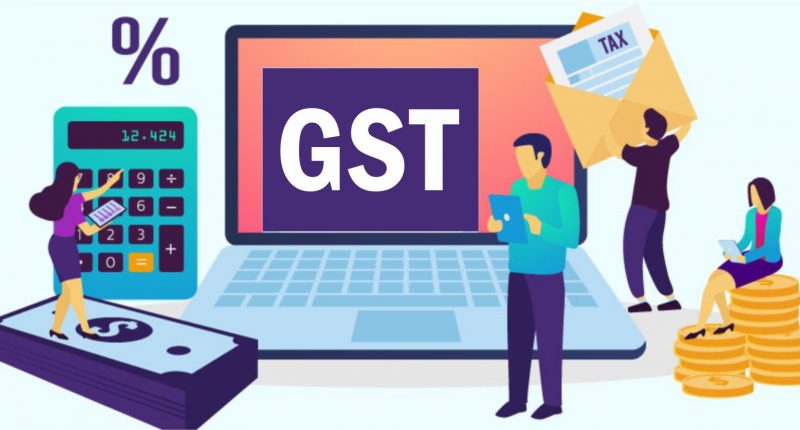The Finance Ministry issued a set of frequently asked questions on the applicability of new GST rates on pre-packaged and labelled daily essentials from today.
‘Pre-packaged and labelled’ refers to any pre-packaged defined under Section 2(l) of the Legal Metrology Act, 2009. It means to include packages in which the commodities are pre-packed or with a label affixed securely. Further, these bear declarations as given under the Legal Metrology Act and the rules thereunder. A pre-packaged item implies a commodity packed in a particular quantity without the purchaser’s presence, whether or not sealed.
It is important to note that such pre-packaged commodities do not attract GST if they do not have declarations as per the Legal Metrology Act, 2009, and Rules are given thereunder or do not comply with its provisions. So, suppose a miller fails to make a declaration of pre-packaged items put on sale where required by the Legal Metrology Act, 2009 and Rules, it will still attract GST and be considered as a pre-packaged and labelled commodity.
Earlier, only branded essentials that could be sued were subject to GST, and the rest were exempted from the GST levy. For instance, rice and wheat flour attracted 5% GST when it was branded and packed in a unit container. If pre-packaged and labelled daily essentials up to 25 kgs or 25 liters are sold, it attracts GST. So, any retail sale of a single package bearing quantity above 25 kgs or 25 liters, even to the consumer, shall not attract GST.
Suppose one big package contains multiple packages, for instance, 10 packages of 10 kgs each, it will attract GST. GST applies at every stage of supply from producer to wholesaler or distributor to retailer to end-consumer. However, the provisions of the input tax credit will be available for each party along the supply chain.
If the retailer buys a pre-packaged item of up to 25 kgs or 25 liters to sell it in loose to end-consumer, the former attracts GST while the latter does not. Supply to industrial consumers or institutional consumers for their consumption is kept out of the scope of the Legal Metrology Act, 2009, and the Rules are framed thereunder. Hence, GST is not applicable.
The GST exemption was withdrawn, and tax was levied at 5% on any pre-packaged or labelled lassi, curd, buttermilk, paneer, chena, meat, and crustaceans, honey, sweet potato, unbranded goods under 0504, dried leguminous vegetables like peas and beans, and similar items.
Similarly, the exemption was also withdrawn on pre-packaged or labelled wheat, rye, dried makhana, barley, oats, rice, grain sorghum, maize or corn, buckwheat, wheat flour, cereal groats or millets or pellets, cereal flours, all types of jaggery, puffed and beaten rice, potato flour, pulse flour, and tender coconut water.
For any clarifications/feedback on the topic, please contact the writer at annapoorna.m@clear.in
Annapoorna, popularly known as Anna, is an aspiring Chartered Accountant with a flair for GST. She spends most of her day Singing hymns to the tune of jee-es-tee! Well, not most of her day, just now and then.




